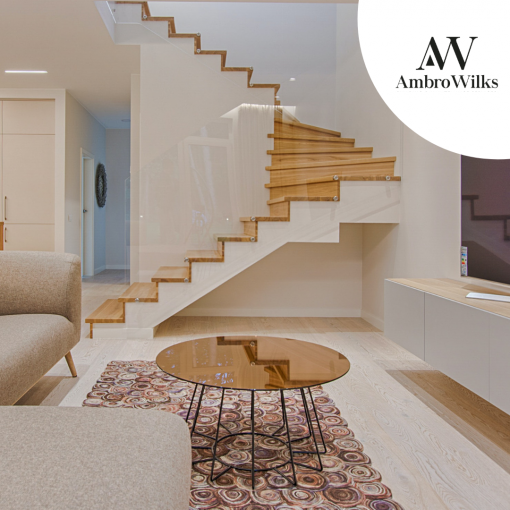- Home
- Archive: February, 2021
Challenges to consider when creating or converting a basement
While basements are often a standard feature of new homes in other countries, this is not the case in the UK, which is a shame because they can increase the size of a house by up to 50% without requiring more land, additional foundation, roofing, or exterior walls, and doesn’t take space from other usable areas of the property.
If there is no existing basement in your home, digging down is always an option, but as a general rule, it’s better to extend above ground if possible because it’s easier to provide ventilation and natural light, plus it’s usually cheaper.
Good candidates for basement construction or renovation are houses located in areas with high land values, such as near city centres and the London suburbs. Gardens in these properties are usually smaller, so extending out might not be an option. Plus land is expensive, so the addition of a whole extra floor can be a cheaper way of getting more living space compared to moving to a larger property.
Excavating below a house is a major exercise and the space around the structure will affect how easy it is to do. The foundations of adjoining dwellings may need structural work to keep them stable during and after the project.
Also, if you’re working on a semi-detached or terraced home, or a property close to neighbouring buildings, the Party Wall Act procedure requires you to serve a notice to them.
More and more homeowners are now realising the potential of digging down or converting cellars into comfortable extra rooms, but this can come with some complications, there are challenges to consider before you get too far in the project.
Take a look at some of those challenges…
Waterproofing
Moisture is an issue that needs to be tackled before building out a basement into a living area. Some investigation is needed first to establish whether an existing cellar is suitable for conversion. If the area has a high water table or is prone to flooding then it’s probably a non-starter.
Generally, diverting water or creating a barrier is the basis of any solution.
Whenever possible, a drainage pipe should be installed around the perimeter of the basement to draw moisture away from the home.
You can also manage moisture by constructing a cavity within the wall to trap it and allow it to run down to a drain where it’s pumped away.
Ventilation
Basement rooms need to be properly ventilated, according to the Building Regulations. Also, fresh air is essential to make an underground space feel comfortable.
If there’s no possibility of providing opening windows, you can install a mechanical ventilation system.
Natural Light
A way to provide daylight and fresh air is to lower the garden and fit glazed doors onto a small patio.
An alternative solution is to create a light well. Even if the windows are only at a high level this will still allow natural light inside.
Ceiling
The existing cellars of older houses tend to have low ceilings simply because they were not built to act as living areas.
Lowering the floor may not be a very straightforward option because often the existing level is only slightly higher than the foundations of the house.
Also, the ceiling and stairwell must be fire proofed and there needs to be an easy escape route to the outside.
Final Considerations
A basement renovation can be a cost-effective way to gain more usable space in your home and add to its resale value. Challenges are common, but in most cases can be resolved with the right design and specifications. And even if the project involves excavation, it might be worth the time, effort, and expense to add features you’ve been missing up to this point in your home.
Contact AmbroWilks for a consultation today!
We have combined years of experience and expert trades to provide a quality all in one service.
We are based in Enfield and cover the whole Greater London area.
Call us on 0203 828 8010
Or get a FREE no obligation quote https://ambrowilks.co.uk/contact-us
Follow us on social media:
Facebook: https://www.facebook.com/ambrowilks.co.uk
Instagram: https://www.instagram.com/ambrowilks_uk/

